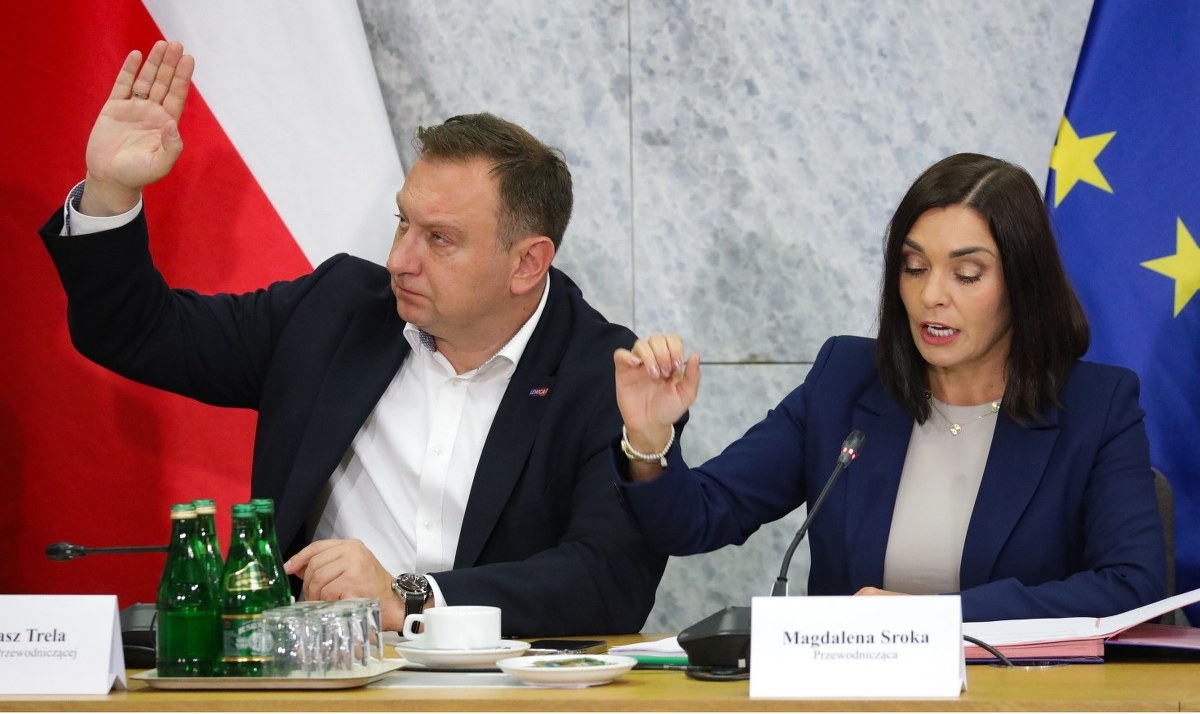Health chiefs are urging parents to prioritise vaccine catch-up appointments for their children during the summer holidays as new figures show continued high levels of measles. There are also fears that cases could surge once the new school term begins in September.
The latest monthly UK Health Security Agency (UKHSA) data on measles show there have been 145 cases since the last report on July 3. This brings the total since January 1 to 674 cases.
London drives infection surge
London and the North West are driving the increase, the agency said, with the majority of infections in children under the age of 10. According to figures, almost half (48%) of the 674 cases for the year so far have been in London, with 16% in the North West and 10% in the East of England.
It comes amid a global surge in measles over the last year. The UKHSA is concerned travel during the summer holidays could lead to rising cases in England when the new school term begins.
Serious complications possible
Measles is highly infectious and can lead to serious complications. People with the infection have a number of cold and flu-like symptoms, with a rash appearing a few days later.
On rare occasions, measles can also lead to meningitis and brain swelling, which can cause long-term disabilities or even death. Publication of the new data by UKHSA comes after the death of a child in Liverpool with measles earlier this month.
NHS urges vaccination action
Reports at the time suggested the youngster had the illness alongside other health problems and was receiving treatment at the Alder Hey Children's Hospital. Dr Amanda Doyle, national director for primary care and community services at NHS England, said: "Vaccination is the best protection against measles, which is highly contagious and can cause serious health problems."
"The MMR vaccine is provided free by the NHS and I would urge all parents to check their child's vaccination records before the new school year or summer travel, particularly as Europe is reporting the highest number of measles cases in 25 years," she said. She added that while the NHS delivered tens of thousands of additional MMR vaccinations last year, too many eligible children remain unvaccinated, and the health service is working with local authorities and the UK Health Security Agency to reach more youngsters, with enhanced vaccination offers in areas with higher cases, including vaccination buses and community catch-up sessions.
Vaccination rates below target
The first dose of the MMR (measles, mumps and rubella) vaccine is offered to babies when they turn one, with the second dose offered around the age of three years and four months. Data from NHS England covering 2023/24 shows that not a single vaccine met the 95% target needed to ensure diseases cannot spread among youngsters.
Figures show 91.9% of five-year-olds had received one dose of the MMR, the lowest level since 2010/11, while just 83.9% had received both doses, the lowest since 2009/10. Uptake of the first MMR dose at 24 months stood at 88.9% in 2023/24 - again, the lowest since 2009/10.
Never too late to catch up
Dr Vanessa Saliba, UKHSA consultant epidemiologist, said: "The summer months offer parents an important opportunity to ensure their children's vaccinations are up to date, giving them the best possible protection when the new school term begins. It is never too late to catch up. Don't put it off and regret it later."
"Measles spreads very easily and can be a nasty disease, leading to complications like ear and chest infections and inflammation of the brain with some children tragically ending up in hospital and suffering life-long consequences," she warned. Two doses of the MMR vaccine is the best way to protect yourself and your family from measles, she said.
Babies under the age of one and some people who have weakened immune systems can't have the vaccine and are at risk of more serious complications if they get measles, Saliba explained. They rely on the rest of us getting the vaccine to protect them.
(PA/London) Note: This article has been edited with the help of Artificial Intelligence.








